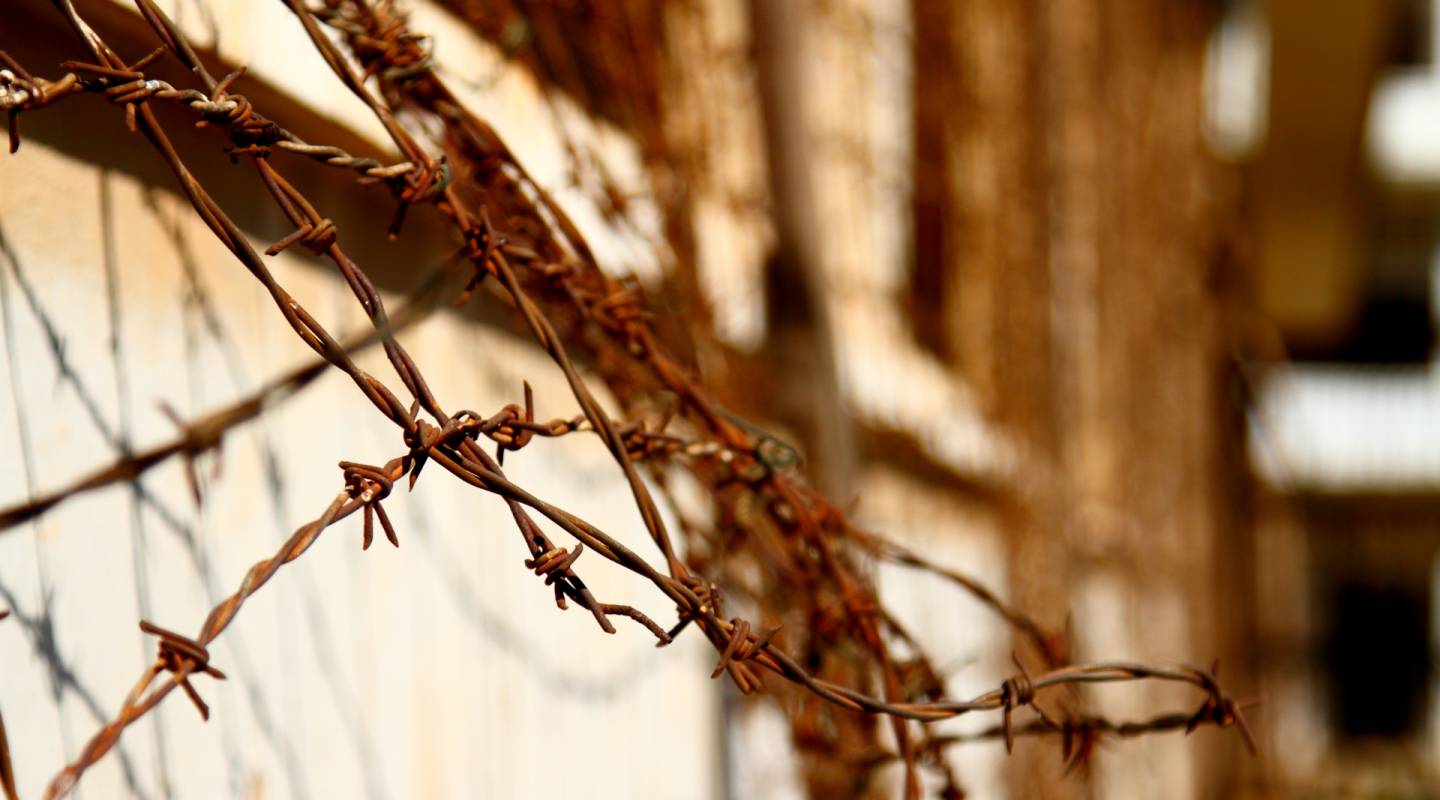
Cambodia
Capital city — Phnom Penh
Country population
i2015Incarceration rate (per 100,000 inhabit…
Type of government
Human Development Index
i2016/ UNDPName of authority in charge of the pris…
Total number of prisoners
Prison density
Total number of prison facilities
i2014An NPM has been established
Female prisoners
Incarcerated minors
Untried prisoners
Death penalty is abolished
Yessince 1989
Contact with the outside world
Visitors are required to pay a fee to the prison on each visit. Amounts requested vary according to length of visit, meeting location, day of visit, and the perceived financial capacity of the visitor.
Prisoners and families typically report costs of :
- $2.50-$5.00 (USD) for a 15-minute visit behind bars
- $10 for a face to face meeting inside the prison compound
- $15 dollars or more for a private meeting.
If visitors bring food or other materials to the inmates, they are often required to pay more money or give a percentage to the prison guards. One released inmate told LICADHO that his family had to pay an additional $2.50 when his children came to visit him.
In cases where more than one family member resides in the same prison, visitors are often required to pay double the fee, even in circumstances of children their imprisoned mother and father.
For those mothers and children who are able to meet, the visit conditions are difficult, particularly if the meeting involves the detainee behind bars or a screen. Meetings are usually very short and lack privacy. None of the mothers interviewed by LICADHO had been able to spend one-on-one or private time with their children during family visits and many had been denied any physical contact.
Expensive prison visit fees and high telephone costs mean the poorest inmates are effectively denied their right to contact with their families. This happens despite the prison administration’s responsibility to ensure that family relationships are maintained and developed during a period of incarceration.
The right to make telephone calls and send correspondence is dependent on financial circumstances. Some prisons are not equipped to support telephone calls, with inmates having to pay prison guards for the use of their mobile phones.
Alternatives to prison are rarely considered at sentencing, and non-custodial measures are still regarded with suspicion and skepticism in Cambodia.
To address this issue the government set up a working group on alternative sentencing, which distributed three circulars in early January 2014 aimed at providing judicial officials with additional guidance on the implementation of non-custodial sentencing alternatives.
The aim of this campaign was to ensure that investigating judges and prosecutors comply with legal principles by looking thoroughly into the nature of the crime committed and the personality and personal circumstances of the accused person when determining whether a prison sentence is really necessary. Despite this, LICADHO has yet to see any evidence of positive outcomes or commitment to alternative sentencing.
Legal aid remains woefully inadequate in Cambodia with only 74 legal aid lawyers working across the entire country in November 2013 (OHCHR), a 41% reduction since 2010. 51 of these legal aid lawyers are based in Phnom Penh.
Seven provinces had no locally based legal aid lawyers at all and the Cambodian Bar Association’s legal aid department had just seven full time legal aid lawyers. Whilst the government has recently increased the legal aid budget the Bar Association’s capacity remains extremely limited.
As a result, many suspects have no legal representation whatsoever. This has inevitably led to the majority of inmates being held in pre-trial detention and many of those eventually sentenced to prison terms are from poor backgrounds.
One provincial prison director told LICADHO that only 5% of inmates at his prison had had representation from a lawyer. Even for those who can afford a private lawyer there can be no guarantee of quality representation.
There are regular instances of inmates not being provided with timely information about legal developments in their cases. This includes details of trial dates, appeal hearings and notifications of prosecutor appeals. Some women told LICADHO that they had never been informed of their right to appeal, or about the process by which they could apply for amnesty or sentence reduction.
Cambodia ratified the Optional Protocol to the UN Convention against Torture and Other Cruel, Inhuman or Degrading Treatment or Punishment in 2007.
Cambodia has so far failed to establish an Independent National Preventative Mechanism. Instead, an inter-ministerial committee was established in 2009 made up of various government officials. The committee is considered neither independent nor effective.
Cambodia received a visit by the UN Subcommittee on Prevention of Torture (STP) in 2009, though the report has not been made public yet. The SPT made a follow-up visit to Cambodia in December 2013. The report of this visit has not been sent to the authorities yet.